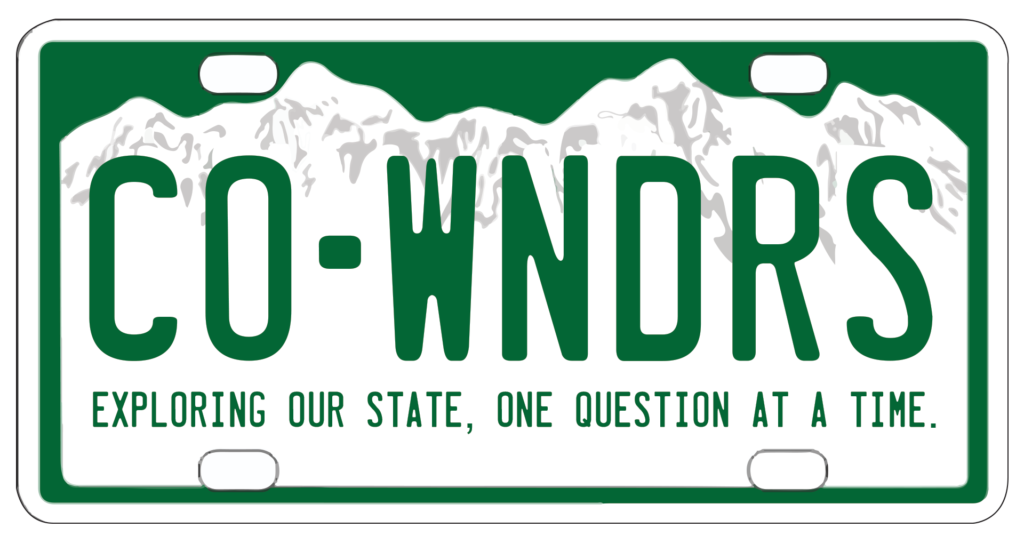
The question on the ballot was relatively simple. But when it comes to Colorado’s Taxpayer’s Bill of Rights, the answer never is.
On Election Day, voters rejected Proposition CC, a measure that would have allowed the state to keep TABOR refund money. Currently, and indefinitely after the recent vote, TABOR caps state revenue increases at the amount of population growth plus inflation. Any extra money is returned to taxpayers.

So — when and how will that end up in Coloradans’ wallets?
Here’s the query listener Kristine MacKinnon of Denver submitted to Colorado Wonders recently: “I was thinking back and realized that in my 20 years of living in Colorado I do not recall having ever received a TABOR tax refund. I do understand that the refunds are not issued in all years, but what is the procedure for this and how do I know, No. 1, if I’m receiving one, and No. 2, how much is it?”
For the answers, we went to Henry Sobanet, former budget chief to two governors.
First things first, Sobanet said MacKinnon shouldn’t stake out her mailbox.
“The first question is, ‘Are people going to get a check in the mail?’ And the answer to that is no,” he said. “The legislature a long time ago decided that was too expensive to print and mail checks for millions of taxpayers.”
So, how is the money distributed? First dibs on the refunds goes, under a complicated formula, to two groups: Disabled veterans and people 65 or older who’ve lived in their homes for at least a decade.
What’s left is divvied among all taxpayers. Coloradans filing their state returns next spring will see the income tax rate has dropped from 4.63 percent to 4.5 percent. That temporary dip is your TABOR refund. Next time, the refund could come as a sales tax rebate or a mixture of income tax and sales tax cuts.
McKinnon’s right that TABOR refunds don’t show up every year, Sobanet said. They’re only issued when the economy is booming. Which is what's happening now, so there will be refunds next spring. And, the number crunchers say, that’ll probably continue for a couple of years.
How much will the refunds be? State forecasters said they could range from $10 to $629 in the next year, depending on a taxpayer’s income.
If voters had agreed to allow the state to keep TABOR refunds, the money would have gone to education and transportation.
For the record, MacKinnon — an engineer and a parent — said if the refunds are relatively small she’d prefer they go to those causes rather than back to her. She voted yes on Proposition CC.








